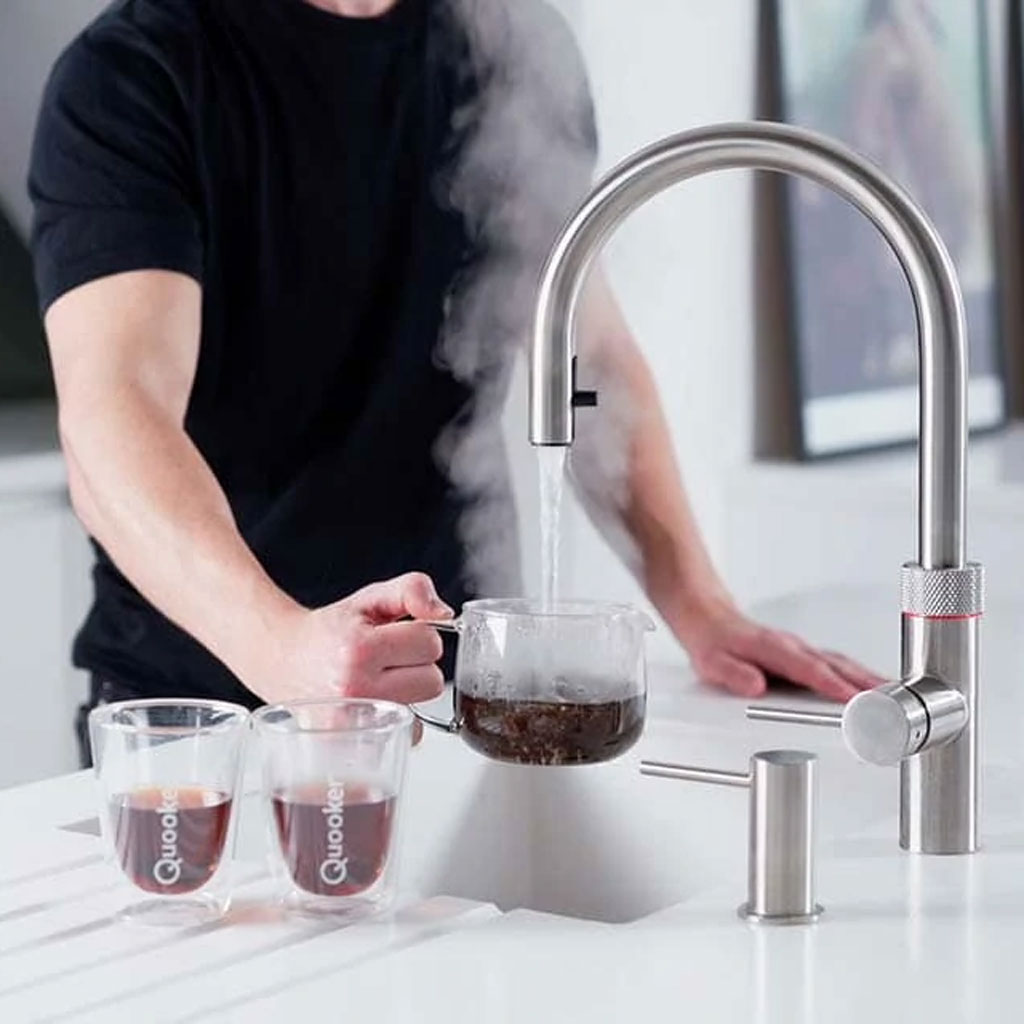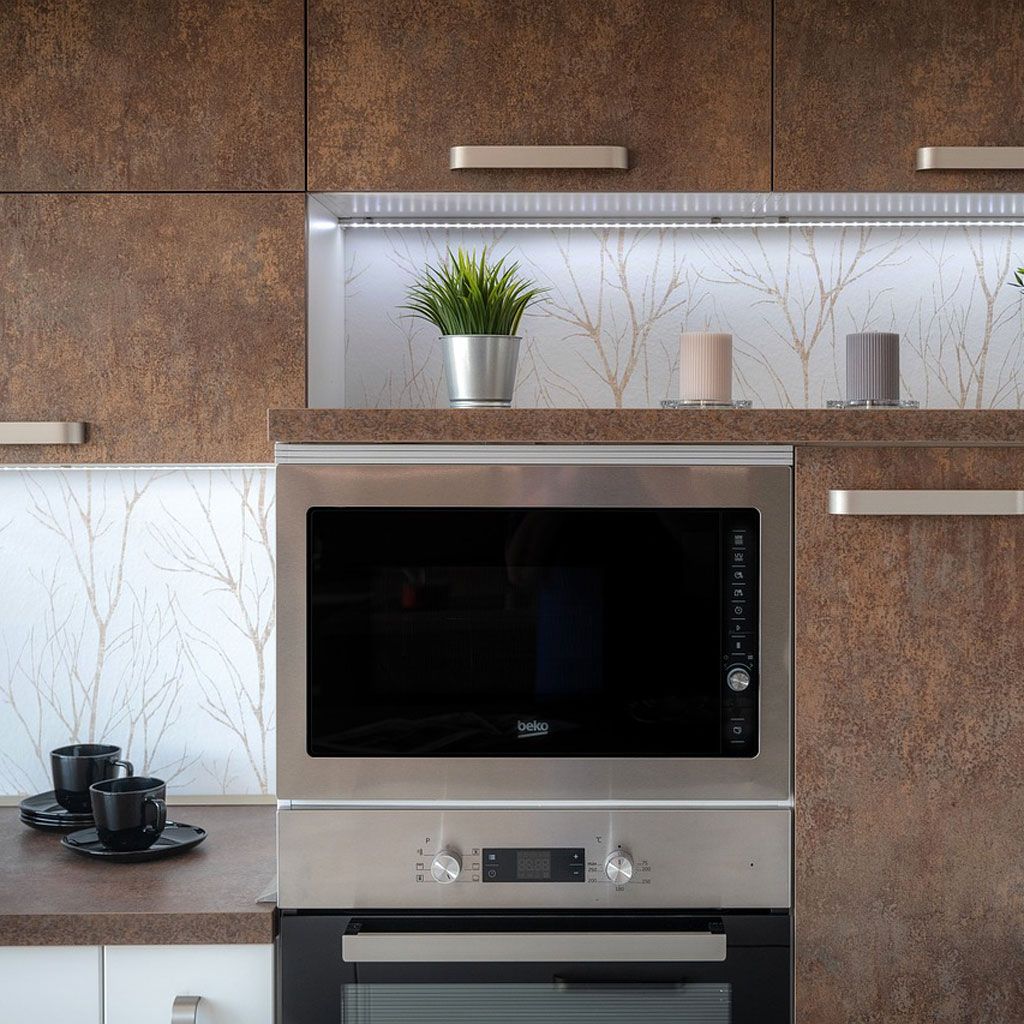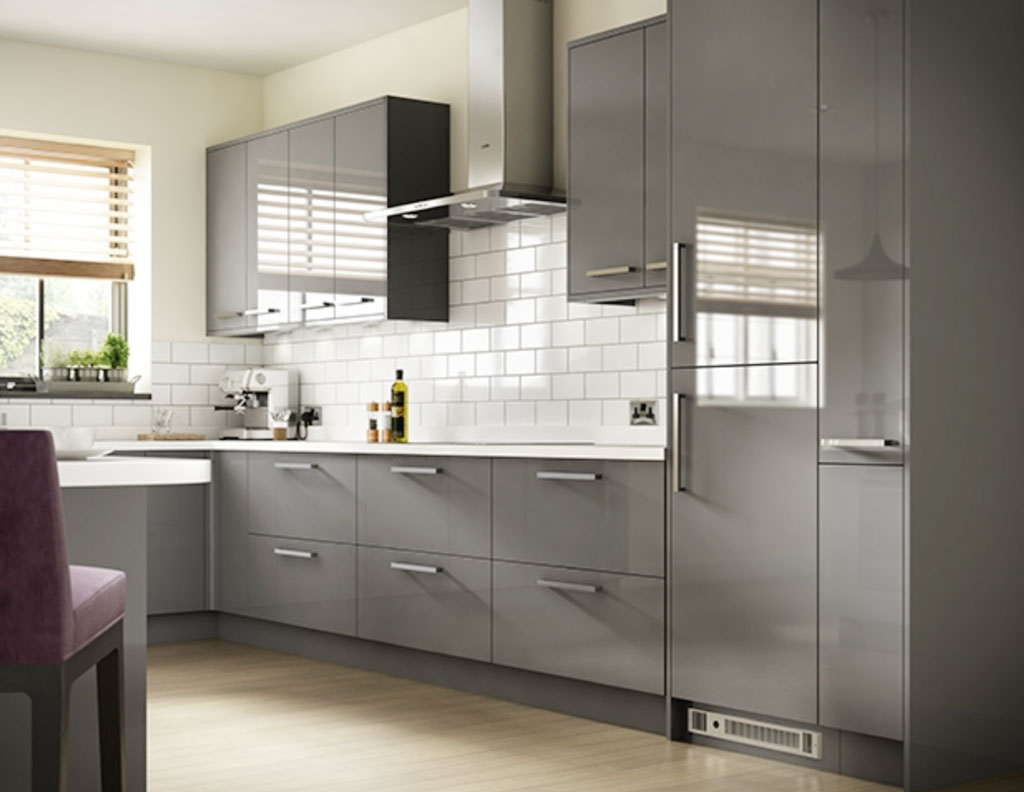Looking for ways to create a more energy efficient home? The cost of living crisis has got us all thinking about how we can claw back money. In every area of our lives.
Many households in the UK have experienced rising energy bills. Which, in turn, has had us looking for ways to cut costs and make our homes more energy efficient.
But did you know, there are fewer rooms in the average house that use more energy than the kitchen?
With heavy running appliances like refrigerators, electric ovens and dishwashers alone using as much as 10% of annual electricity consumption in average households.
How To Make Your Kitchen More Energy Efficient
With so many of us looking to cut back, Julie Gokce, Senior Designer at More Kitchens, has given her top tips. Showing us which areas we should focus on as well as others that require a bit of upfront payment but will reduce our energy output in the long run.
1. Highly energy-efficient appliances will bring the biggest saving
Have you shopped for a kitchen appliance in recent years? You’ll probably have noticed the confusing multi-coloured energy labels they came with!
That changed in March 2021. Now, energy efficiency is graded as simple as A down to G. A being the most energy efficient right down to G, which will cost you a little extra to run.
But by investing that little extra in an appliance that carries an A-rating, you’re also investing in energy efficiency. Plus saving money in the long run. Particularly when it comes to your bigger appliances, like refrigerators and washing machines.
Something worth noting, though, is that since the change in scoring system, you may not find many A-rated appliances on the market.
It doesn’t mean the appliances out there are bad – far from it – just that they are being held to a higher standard.

2. Hot taps will save you in two ways
For any coffee and tea drinkers out there, this tip is for you.
Fewer appliances work harder than the unassuming kettle. With stats showing that the average UK household will boil the kettle 1,500 times per year!
Even at the estimated 1p per minute, it takes to boil. (The average boiling point is 4 minutes). Those pennies soon rack up.
And while it is true that by boiling less water, you’re boiling less energy. One way to avoid the problem entirely is with hot taps. These use up to 50% less energy than a kettle and cut on water wastage.
3. Use the microwave more — but don’t leave it on standby
What may surprise you is that the microwave is one of our home’s biggest energy burners. When left on standby, it ranks as the fourth biggest consumer behind Digital TV boxes, multi-room speakers, and routers.
While minimal, just leaving your microwave on while it’s not being used is costing you, on average, an additional £4.72 per year.
The message here is simple! If you’re not using the microwave, turn it off at the plug to make a small difference.
Something that is less surprising is that, of all the cooking appliances, it is our ovens that expend the most energy.
Microwaves use far less energy (no more than 1,500 watts). While the heat it emits is for the food itself, rather than additional energy being wasted to heat the air around it.
Putting this to the test, Sarah Bridle, Professor of Food, Climate and Society at the University of York, concluded the following:
- Cooking one baked potato in the oven (120 minutes) = 6.07kWh
- Cooking one baked potato in the microwave (10 minutes) = 0.14 kWh
Beyond that, the slow cooker is the most energy-efficient alternative. It generates less than a tenth of the same energy as an electric oven. The average-sized slow cooker uses just 1.3 kWh per meal cooked. Which, when broken down to hourly cost, comes in at under 1p on the average energy tariff.

4. Make the switch to LED lighting
A change that more and more Brits are naturally making is the switch to LED.
But for those that haven’t, changing to LED lighting can make between a modest and significant difference to your energy consumption. This should be thought about beyond just the kitchen too.
Statista data from 2018 showed by replacing just one 60-Watt bulb with an LED 10-Watt can save you as much as £7.81 annually (when used for three hours per day).
Again, this doesn’t sound like a great deal. But if you were to replace all of your kitchen bulbs – or even all your house bulbs – those costs mount up.
For example, say your house has 25 light bulbs. If you were to replace each one of those bulbs with LED that £7.81 figure now jumps to a saving of £195.25.
5. Solutions to heating the home sustainably
With costs on the rise, no-one should be in a position where they’re having to think about not heating their homes.
And there are options out there that can mitigate the negative impact on our wallets and purses.
According to the Energy Saving Trust, the average household generated 2,690kg of carbon dioxide (CO2) from space and hot water heating in 2020. By investing in an efficient heating system you’re not only saving pounds and pennies but also offsetting your carbon footprint.
Plinth heaters — which can be purchased £80+ — are a popular solution.
They push out warm air instantly from the grill either via your central heating system or electricity. The eye-catching part here is that these systems generate just 2 watts of electricity and amount to roughly 10p per week (based on it being used 5 hours a day).
Hydronic plinth heaters consume 25% less energy than a traditional radiator.

Sustainable Living For a More Energy Efficient Home
We’ve spoke before on UK Mums about sustainable living ideas. From recycling to buying second hand, there are so many ways to save money — and create a more energy efficient home.
If you have any more ideas, let us know in the comments below. We’d love to hear from you!

